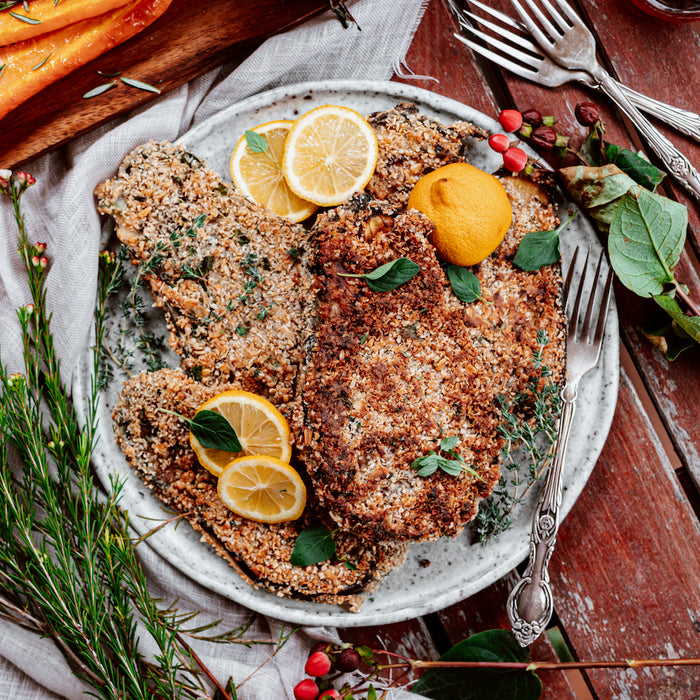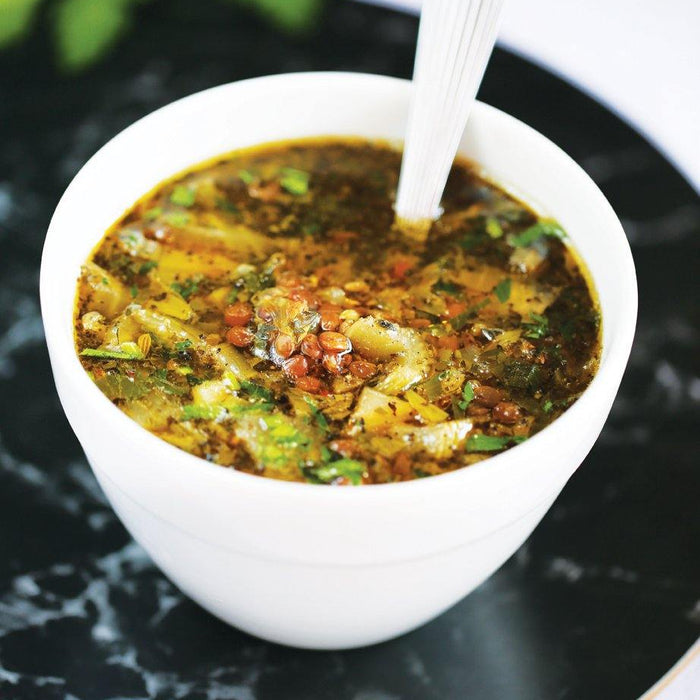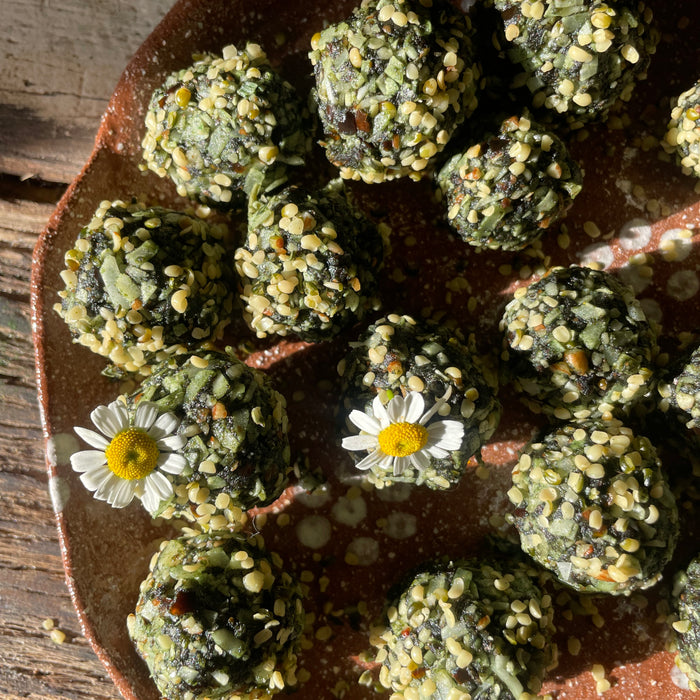Organic vs Spray-Free? What is the Real Difference?
At Santos Organics, we ask all these questions of our farmers and suppliers so that our customers don’t have to. All of our fresh and seasonal fruit and vegetables are either certified organic or organically grown.
Organic Does Not Necessarily Mean Spray-Free
At Santos Organics, we are often asked about the difference between organic and “spray-free” produce and it is definitely a very confusing topic! Contrary to what most people believe, “organic” or “certified organic” does not automatically mean “spray-free”, “pesticide-free” or “insecticide-free”. Conversely, “spray-free”, “pesticide-free” or “insecticide-free” does not necessarily mean that the produce is organically grown.
Seven Organic Certifying Bodies in Australia
To understand what is meant by these terms, it is important to first look at organic certification. In Australia, there are seven organic certifying bodies approved by the Australian Government and for food and produce to be certified organic, they must comply with the requirements of organic certification standards prescribed by these bodies.
Physical, Biological and Mechanical Controls Need to be Approved
As an example, for food or produce to be certified organic under the Australian Certified Organic Standard which is the standard for one of Australia’s main certification bodies, Australian Certified Organic (ACO), a farmer must ensure that their farming practices and the cultivation of their land meets strict organic certification standards. Among many requirements, this includes ensuring that physical, biological and mechanical controls are used primarily to control pests and that any substances used to protect their produce from pests and insects (usually as a secondary measure), are approved by ACO.
Naturally Occurring Pesticides or Herbicides are Used in Organics
For instance, while organic farmers and food producers grow and produce food without using synthetic pesticides, herbicides, hormones, antibiotics and artificial fertilisers, certain naturally occurring pesticides or herbicides such as pyrethrins, light oils, copper and sulphur and biological substances are permitted for use in organic farming. Therefore, it is still important to remember to wash all fruit and vegetables before consumption. However, organic certification can be an expensive process and unfortunately, it often ostracises the small local organic farmers who can’t always afford the accreditation. In the absence of organic certification, when something is described as organic or organically grown, it usually means that the farmer or grower has the best intentions and organic, chemical-free practices are used. However, because it is much less regulated than something that is certified organic, when buying produce that is described as organically grown, it’s always good to ask questions about how the produce has been grown, the farm that the produce is from and what farming practices are used there.
Misleading Terms with No Real Definition
The terms “pesticide-free” and “spray free” are often used very loosely in agriculture and there is no legally recognised definition or labeling regulation of these terms. Unfortunately, this means that these terms can sometimes be used in a misleading way. For example, if something is labelled “spray-free”, the crop may have been spared from being sprayed with a chemical pesticide, but the soil could have been primed with artificial fertiliser or the seeds may have been dipped in fungicide. Similarly, if something is labelled “pesticide-free”, a farmer may not have used synthetic herbicides or insecticides, but may have used genetically modified plants or seeds. When buying produce with these descriptions, it is most important to ask as many questions as possible about the produce. Some questions may include asking how they protect their crops, what is meant by “spray-free” or “pesticide-free” and how that produce is grown.
We Ask the Questions So Our Customers Don't Have To
At Santos Organics, we ask all these questions of our farmers and suppliers so that our customers don’t have to. All of our fresh and seasonal fruit and vegetables are either certified organic or organically grown. Over the years, we have developed relationships with our farmers and local suppliers and have come to know their farms and farming practices well. So for any questions or more information on any of our produce, feel free to come and visit our friendly Produce Managers in-store!






